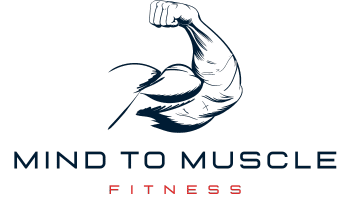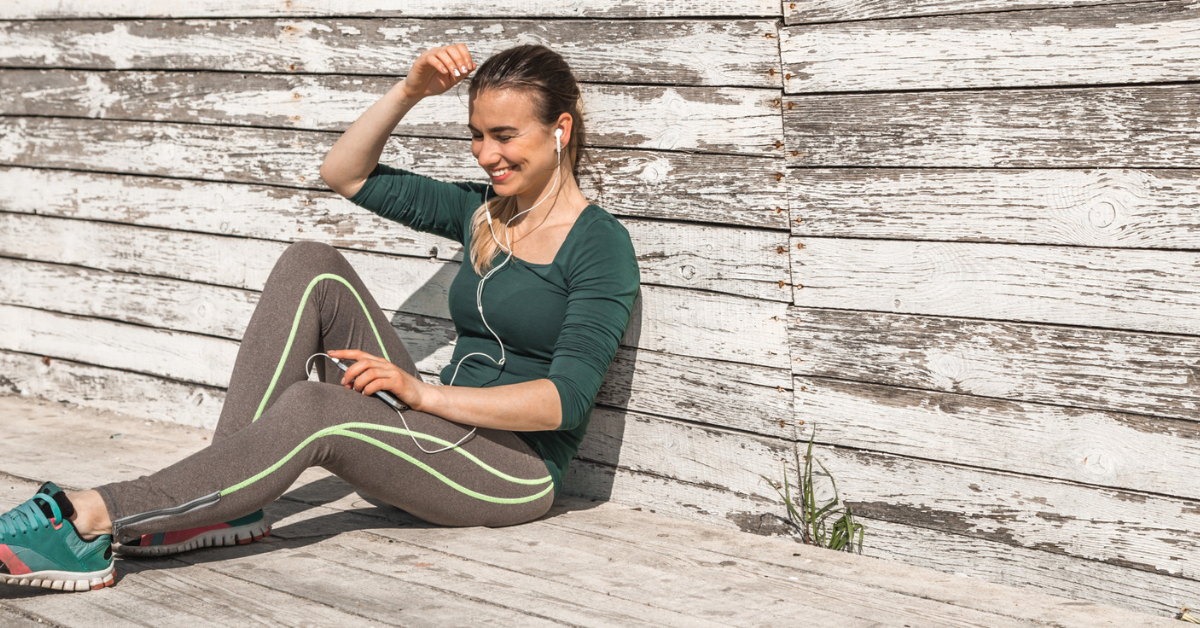
Beginner Bodyweight Workout: Start Your Fitness Journey Today
The strongest part
Imagine being able to shape your body so that it radiates health without having to deal with complicated gym equipment. This is the power of a basic regime for body weight. It’s the most important part of fitness because it’s how you learn to control your own weight and build strength and flexibility that way.
Accessibility Without Much Work
An important thing about an at-home bodyweight program is that it is easy to follow. It breaks down barriers, which makes it a great place for anyone to start. You do not need to buy expensive gear or join a club. With just a little space and determination, you can have a workout that changes your life.
Easy to use and growing
A basic calisthenics routine looks easy, but it’s actually very hard. It’s completely flexible, and it can be used by people of all skill levels. The level of difficulty and intensity can change as you get better, making sure that you are always growing and being challenged.
Bringing Out Potential
What could be more empowering than using your body to get stronger, fitter, and more sure of yourself? A first calisthenics sequence is more than just exercise; it’s a way to improve yourself and become the best version of yourself. One push-up, squat, and pull at a time will help you find out what you can really do.
Help and Community
You’re not the only one going through this. Our guide for people who are new to bodyweight training is full of helpful tips and tricks that will keep you interested and motivated. Make friends with people who share your goals and are on the same path to personal growth and physical strength.
Read our complete guide on how to start bodyweight training and start getting the body and confidence you want. You’re getting better with each rep. Enjoy the journey!
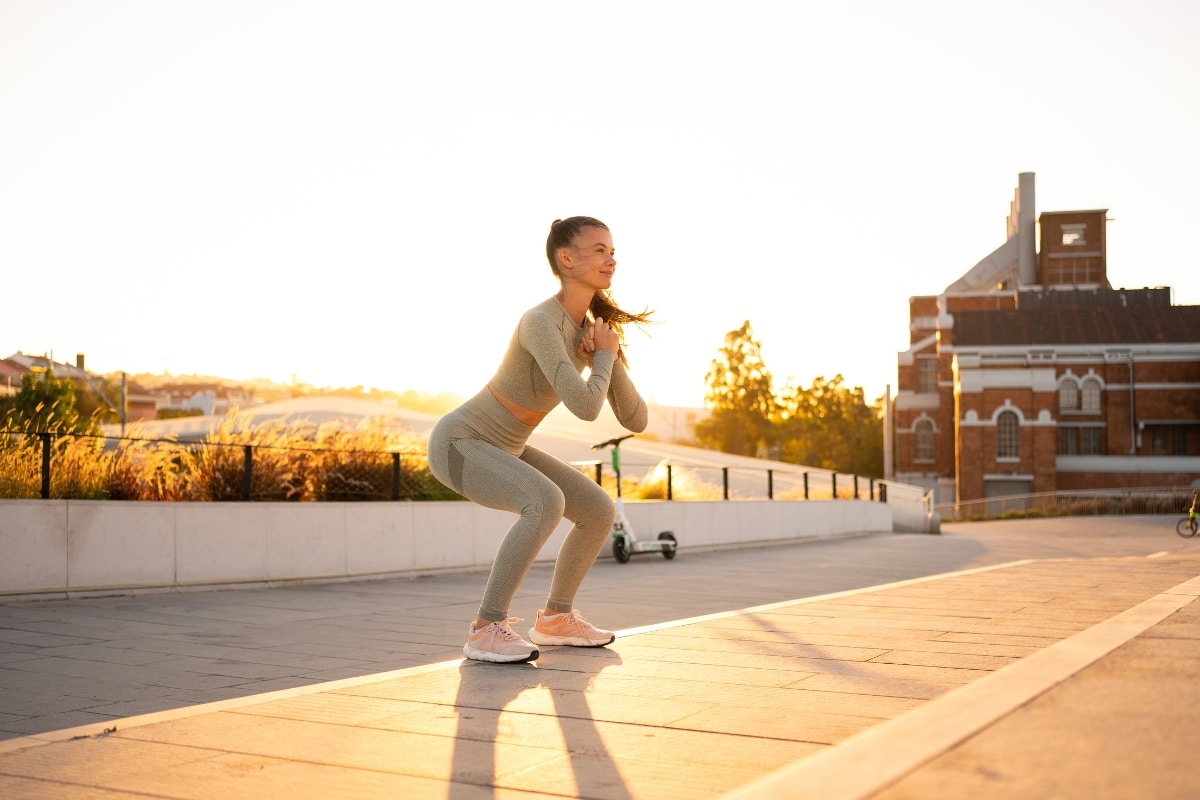
Important Things to Know About Bodyweight Exercises for Beginners
Bodyweight exercises are a flexible ways to get fit.
- They don’t need any tools.
- You use your own body weight as resistance in these moves.
- Exercises can be done anywhere.
- Exercises using your bodyweight can fit people of all fitness levels.
- They makes you stronger, more balanced and more flexible.
- These are also good for encouraging good heart health..
- Boost your endurance.
- Savings on costs – (You don’t need to be a gym member to do them)
- Adjustable Levels of Difficulty
Pros and Cons of Working Out with Your Own Body
Pros
- There is no need for equipment.
- Different Exercises
- Patterns that can be changed
- Engaging the Whole Body
For body-weight exercises, you don’t need any equipment. A lot of different movements are in them. They can be changed to fit your needs. A lot of routines work out the whole body.
Cons
- Not Many Levels of Resistance
- Possible stopping points
Without weights, the resistance stays the same. Over time, progress might stop. This can be fixed by doing more reps or changing the exercises.
Bodyweight Workout Plan for Beginners, Step-by-Step
When you start a bodyweight training program, you use your own body weight as resistance to build muscle, strength, and endurance. To help you get started, here is a full plan:
| Exercise | Sets | Reps | Rest Interval |
|---|---|---|---|
| Push-Ups | 3 | 8-12 | 60 seconds |
| Squats | 3 | 10-15 | 60 seconds |
| Plank | 3 | 30-60 seconds | 60 seconds |
| Lunges | 3 | 8-12 each leg | 60 seconds |
| Glute Bridge | 3 | 10-15 | 60 seconds |
| Inverted Rows | 3 | 8-12 | 60 seconds |
| Dips (using a chair) | 3 | 6-10 | 60 seconds |
This routine works out all of your major muscle groups, makes you more stable, and makes you more flexible. As you get stronger, slowly add more reps.
How to Avoid Making Common Mistakes at First
When you first start working out with your own body, common mistakes can slow you down. These tips will help you stay away from those traps:
- Form over speed: Pay attention to how well you do each movement instead of how fast you do it. Using the right form keeps you from getting hurt and helps you make the most of your gains.
- Regular Schedule: Stick to a plan. To get stronger and last longer, you need to be consistent.
- Plenty of Time to Rest: Give your muscles time to rest. Overtraining can hurt you and make you tired.
- Balance: To keep things even, work out all of your muscle groups. This makes things more balanced and strong.
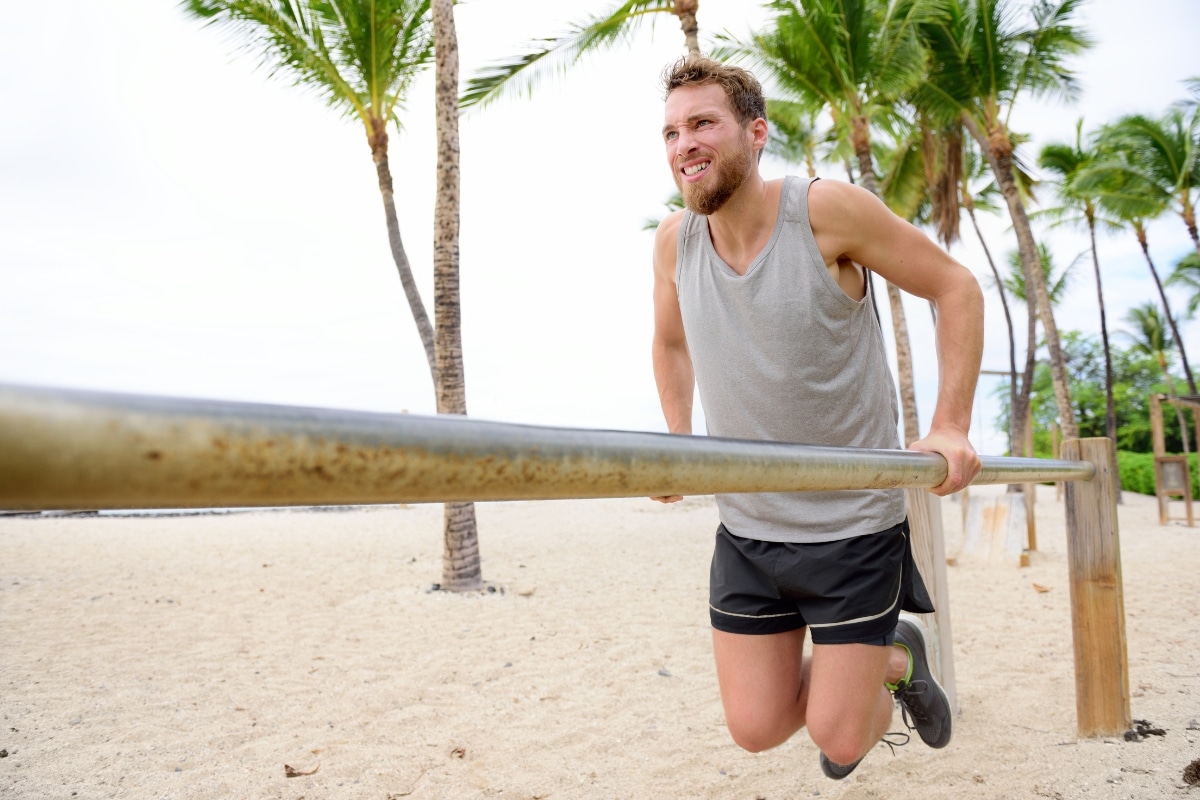
How can I keep getting better at working out with my own body?
- Add variations, like incline push-ups or pistol squats, to make the exercise harder.
- As you get stronger, slowly add more reps and sets.
- To make the muscles work harder, use isometric holds.
- Shorten the time you rest between sets to improve your endurance and intensity.
- To keep workouts interesting and dynamic, put exercises together in circuits.
Advanced Methods for Training with Your Own Body
Look into models of progression in bodyweight training. They push getting better at things. To get better at push-ups, try doing them with one arm.
Try pistol squats for squats. For core strength, do isometric holds like planks. These make routines harder than they are for beginners.
Making Changes to Your Weight Loss Plan
Make sure that your foundation bodyweight routine fits your goals. For strength, do reps slowly and carefully.
Increasing the number of reps will help you last longer. For hypertrophy, rest less time between sets. Change your workouts so that they fit with your goals.
Using bodyweight exercises along with other methods
Combine basic exercises you can do with your own body weight for added fitness benefits. Bench presses and push-ups go well together.
Do a mix of squats and lunges with weights. This fusion helps you gain muscle faster. This also stops plateauing.
Bodyweight practitioners need to know about nutrition and recovery.
For muscles to heal, they need to eat right and rest. After working out, eat some proteins and complex carbs.
Stay hydrated. Make sure you get enough sleep to heal. Include days of rest to let your muscles heal. These habits keep progressing.
Help from experts on foundation movement workouts
Expert trainers stress the quality of movement over the quantity. One of my friends who is an expert on bodyweight exercises, says, “Focus on form before pushing yourself with more reps.” For skill mastery and injury prevention, quality reps are more important than quantity.
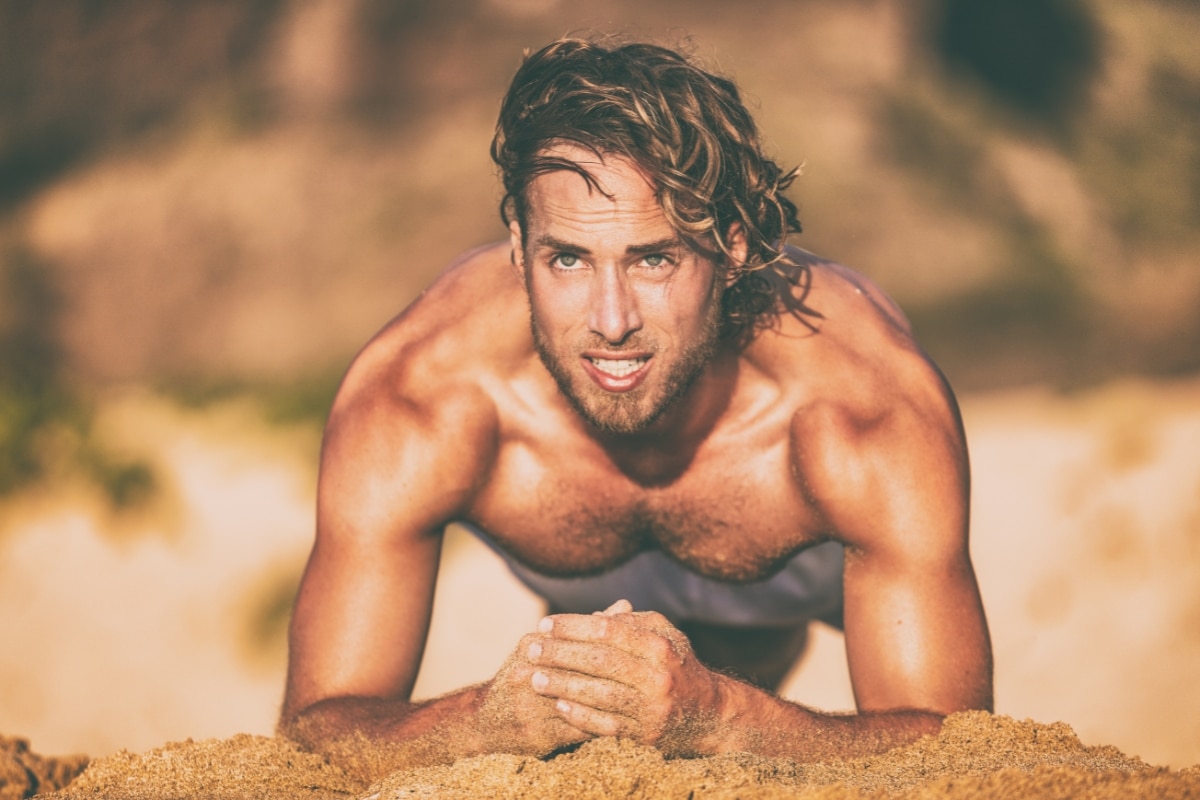
Adding mobility work to your basic movement sessions will make them better.
Dynamic stretching should be a part of your basic movement workouts. This makes you more flexible and lowers your risk of getting hurt. Do exercises like arm circles and lunge twists. For the best results, do these things before and after your sessions.
Keeping track of your progress in your basic bodyweight exercises
Keep track of your fitness progress. Write down the number of reps, the different types of exercises, and how you felt after the session. This shows what has been done well and what needs more work.
Change your routine as needed. Regularly evaluating yourself keeps you motivated and on track with your bodyweight goal.
Remember that the most important things you can do to improve your bodyweight workouts are to be consistent and dedicated. Don’t give up, and the gains will come.
Last Words on Bodyweight Exercises for Beginners
Bodyweight exercises are a great way to start getting fit because they are effective, can be changed up, and don’t require any extra equipment. You don’t need to go to the gym to do these exercises, and they’re easy to fit into any schedule. For beginners, keeping things simple is the best way to build consistency and make progress in their fitness.
Starter calisthenics offer a powerful way to build strength and endurance, promote cardiovascular health, and improve overall well-being.
Embrace this path and its holistic benefits to witness a transformation that goes far beyond the mirror. With dedication and effort, your bodyweight exercise journey can lead to remarkable and sustainable results. Through consistent practice, you’ll not only build strength and endurance but also enhance your mental well-being and resilience. Achieving optimal fitness with body composition becomes a natural outcome as you align your physical goals with a balanced and mindful approach. This journey encourages a deeper connection to your body, fostering long-term health and vitality.
FAQ
How often should I train as a beginner?
Start by working out only three days a week. On other days, give your body a break to rest and heal. You can raise the frequency over time.
Can bodyweight exercises build muscle effectively?
Workouts with only your body can help you build muscle. To keep building muscle, you need to do progressive overload, which means gradually raising the intensity.
Do I need any gear to work out with my own body?
No, the great thing about bodyweight exercises is that you don’t need any equipment to do them. This means that anyone can do them and it doesn’t cost much either.
For how long should each workout last?
Twenty to thirty minutes is a good length of time for a beginner’s workout. Make the time last as long as you need it to and add to it as you get better.
What should be in a balanced bodyweight routine?
A well-rounded workout plan includes core, push, pull, squat, hinge, and other muscle groups spread out over the course of the week.
Do I need to warm up before a bodyweight workout?
Yes, warming up does get your muscles and joints ready for exercise. This lowers the risk of injury and boosts your overall performance.
How do I progress with bodyweight exercises?
To keep your workouts interesting and effective, add sets, decrease rest time, do more reps, or move on to more difficult variations.
If I start working out with my own body, can I lose weight?
Without a doubt, bodyweight training can help you lose fat and build lean muscle mass when combined with a healthy diet.
How do I make sure I’m using the right form when I work out?
Learn on your own by watching tutorials or getting help from a professional. Watching your form in a mirror can also help you avoid getting hurt.
When I do bodyweight exercises, will I hit a wall?
You can get stuck, but you can avoid it by changing the difficulty, intensity, and volume of your routine on a regular basis.
